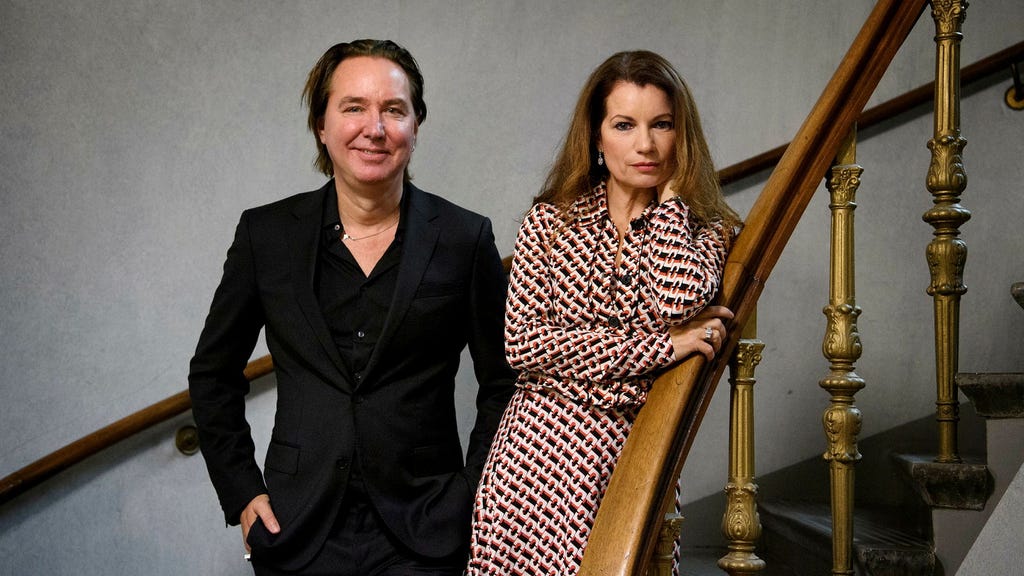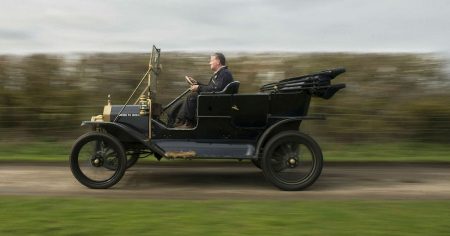The Swedish audiobook streaming landscape in 2024 witnessed a fascinating confluence of humor, history, and a strong female narrative. Dominating the children’s audiobook category was ”Sommarjobbarna” by the YouTube comedy group IJustwantToBeCool. Their humorous take on summer jobs resonated deeply with young listeners, propelling the book to the top of the charts. This success underscores the growing influence of online content creators in the literary world, demonstrating their ability to translate their digital popularity into tangible literary success. Jonas Malmsjö emerged as the most popular narrator overall, indicating a strong preference for his vocal delivery and storytelling style. Following closely behind him were Gunilla Leining and Katarina Ewerlöf, both accomplished voice actors known for their ability to bring characters and narratives to life. This emphasizes the crucial role of the narrator in enhancing the audiobook experience, with listeners often choosing books based on the narrator’s reputation and skill.
The popularity of historical fiction emerged as a significant trend in 2024, captivating listeners with tales of bygone eras. Ruth Kvarnström-Jones’ ”De fenomenala fruntimren på Grand Hôtel” (The Phenomenal Women of the Grand Hotel) claimed the top spot in this genre, immersing listeners in the opulent world of a grand hotel and the lives of its female inhabitants. The book’s success reveals a growing appetite for historical narratives that offer a glimpse into the past while also resonating with contemporary themes. This specific title’s focus on women in a historical setting highlights the increasing demand for stories that center on female experiences and perspectives within a broader historical context.
A notable aspect of the historical fiction trend was the overwhelming dominance of female protagonists. All ten of the most popular historical novels featured women at the center of their narratives, demonstrating a strong preference for stories that explore the female experience throughout history. This signifies a shift in the literary landscape, with readers actively seeking out and engaging with stories that prioritize female voices and perspectives. It also suggests a growing awareness of the historical contributions and experiences of women, often overlooked in traditional historical narratives. This trend provides a platform for exploring the diverse roles women have played throughout history and challenges the historical narrative that has often marginalized their contributions.
Further strengthening the female perspective within historical fiction was the prominence of Katarina Ewerlöf as the narrator. She lent her voice to eight out of the ten most popular titles, effectively shaping the auditory experience for a significant portion of the historical fiction audience. Her consistent presence suggests that listeners appreciate her narrative style and ability to convey the nuances of historical female characters. This also highlights the power of a skilled narrator to influence the reception of a story, shaping the listener’s understanding and emotional connection to the characters and their experiences. Ewerlöf’s association with these successful titles further reinforces the significance of female voices in the audiobook landscape, both in terms of authorship and narration.
The thematic focus of these popular historical novels provided a fascinating insight into the enduring relevance of historical narratives to contemporary concerns. Many of the stories revolved around issues pertinent to women in the past, such as their entry into the workforce, navigating class disparities, fighting for suffrage, and grappling with societal expectations surrounding motherhood. Exploring these historical struggles through fiction allows contemporary audiences to connect with the past and gain a deeper understanding of the challenges faced by women in different eras. These themes resonate with ongoing discussions about gender equality, demonstrating the continued relevance of historical narratives in illuminating contemporary social issues.
The success of these historical novels, with their focus on female protagonists and themes of female empowerment, signifies a significant shift in the consumption of historical fiction. Listeners are actively seeking out narratives that explore the complexities of women’s lives throughout history, highlighting the enduring power of storytelling to connect us with the past and provide context for the present. The popularity of these narratives also suggests a growing awareness of the importance of representing diverse voices and perspectives within the historical record. By centering on women’s experiences, these stories challenge traditional historical narratives and offer a more nuanced and inclusive understanding of the past. The dominance of female protagonists, coupled with the prominence of a female narrator like Katarina Ewerlöf, reinforces the growing demand for female voices in the audiobook market and underscores the power of these voices to resonate with a broad audience.














